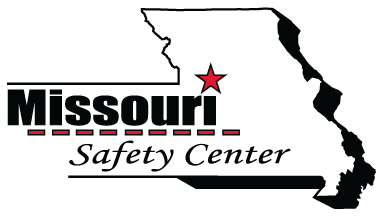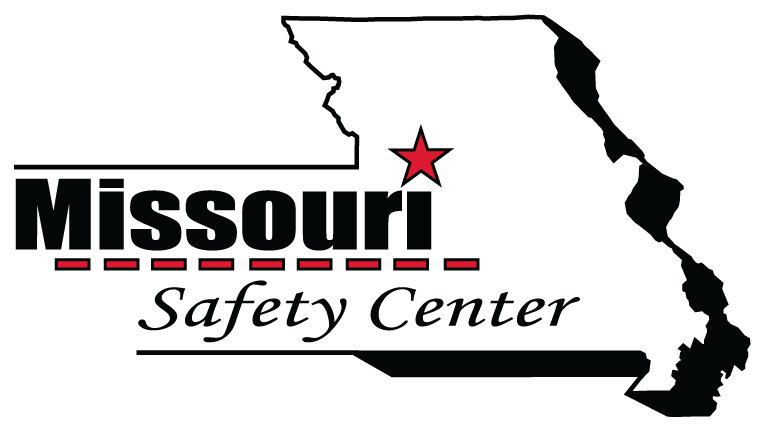DRE School
Course Description
The Drug Recognition Expert (DRE) program is a rigorous, three-phase certification process meticulously designed to train law enforcement officers to become highly skilled Drug Recognition Experts. Phase I, a two-day (16-hour) Pre-School, lays the foundation by introducing drug evaluation techniques and reinforcing Standardized Field Sobriety Tests (SFSTs) proficiency. Building upon this foundation, Phase II, a comprehensive seven-day (56-hour) classroom program, provides in-depth instruction on drug evaluation procedures, human physiology, the effects of seven drug categories, and relevant legal considerations, and culminates in a demanding written examination. The program concludes with Phase III, the Field Certification phase, where, under the direct supervision of certified DRE instructors, participants apply their classroom knowledge by conducting a minimum of twelve supervised drug evaluations on actual subjects, followed by a final certification examination. This intensive, multi-stage curriculum empowers officers to accurately identify drug-impaired individuals, contributing significantly to traffic safety and more effective enforcement against drug-related offenses by equipping them with a systematic, standardized 12-step evaluation process and the expertise needed for successful courtroom testimony and prosecution.
Course Objectives and Outcomes
Mastering the 12-Step DRE Process
Officers will gain practical skills in conducting and documenting vital signs examinations, a critical component of the DRE 12-step evaluation process. They will learn the procedures for accurately measuring and interpreting pulse, blood pressure, and temperature, understanding how these physiological indicators are affected by different drug categories.
Eye Examination Proficiency
Participants will develop proficiency in administering and interpreting eye examinations, another key element in identifying drug influence. Through hands-on practice, officers will learn to conduct examinations of pupil size and reaction to light under various conditions, and to recognize and document crucial eye indicators. This training will enable officers to accurately assess eye signs related to drug impairment in both room light and near-total darkness environments.
Alcohol Impairment and SFSTs
This training enhances officers’ ability to estimate Blood Alcohol Concentration (BAC) and recognize alcohol impairment through practical exercises and standardized tests. Participants will administer and interpret eye examinations and psychophysical tests, including Horizontal Gaze Nystagmus (HGN), Vertical Gaze Nystagmus (VGN), and divided attention tests, on volunteer drinkers. This hands-on experience will improve their skills in accurately assessing alcohol impairment and relating observed signs to BAC levels.
Demonstrating the Evaluation Sequence
Officers will observe and understand the complete 12-step drug influence evaluation process through live demonstrations. Instructors will conduct comprehensive demonstrations of each stage of the evaluation, articulating each step and explaining the indicators and evidence to be obtained. Participants will learn the proper sequence of examinations and activities, ensuring a systematic and standardized approach to drug influence evaluations.
Suspect Classification & Narrative Report Skills
Integrate learned skills to effectively classify drug-impaired suspects and accurately document evaluation findings. Through simulated examinations and role-playing scenarios, officers will practice conducting complete drug influence evaluations using the 12-step process. Participants will master the compilation of clear, concise, and accurate narrative reports documenting their evaluations, essential for legal and prosecutorial purposes.
DRE School Review & Courtroom Testimony Preparation
Ensure complete preparedness for the DRE certification phase and effective courtroom testimony. Participants will review key DRE concepts across the entire curriculum, solidify test administration protocols, and examine effective case and testimony preparation techniques. This training ensures officers are fully prepared to apply their DRE skills in real-world scenarios and confidently present their findings in legal settings.
Other Information
Spring 2025 Dates
- Pre-School and School (Phase I & II): March 17-28, 2025
- Field Certifications (Phase III): April 6-13, 2025
- Application Deadline: January 31, 2025
Course Requirements
- P.O.S.T. certified
- Completed ARIDE course in the last 3 years
- 72+ DWI arrests if full-time officer for less than 3 years OR 36+ DWI arrests if full-time officer for 3+ years
- Letter of support from agency head or DRE coordinator
- 2 recent, adjudicated DWI reports
This course is approved by Missouri P.O.S.T. and provides the following Continuing Education Hours: total of 102 hours.
- Technical Studies: 34 hours (Phase I – II) & 14 hours (Phase III)
- Interpersonal Skills: 6 hours (Phase III)
- Skill Development: 34 hours (Phase I – II) & 10 hours (Phase III)
- Legal Studies: 4 hours (Phase I – II)
Tuition is waived for qualified Missouri Law Enforcement Officers through funding by MoDOT grants. Agencies are responsible for lodging and other expenses unless otherwise noted.

